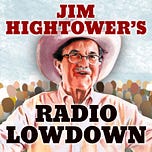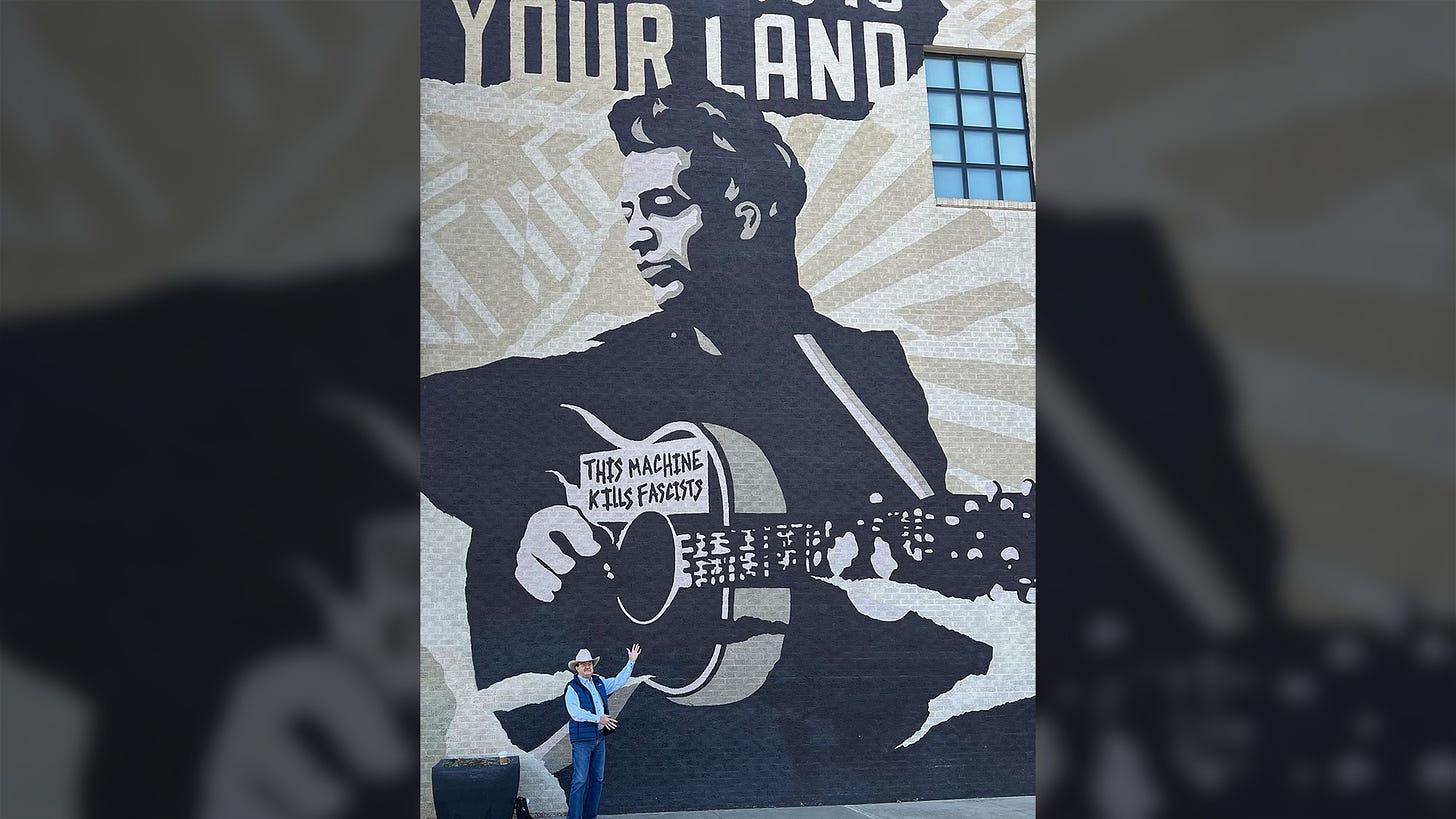Woody Guthrie’s prescription for inequality in America was straightforward: “Rich folks got your money with politics. You can get it back with politics.”
For Guthrie, “politics” meant more than voting, since both parties routinely cough-up candidates who meekly accept the business-as-usual system of letting bosses and bankers control America’s wealth and power. It’s useless, he said, to expect change to come from a “choice” between Tweedledumb and Tweedledumber. Instead, common folks must organize into a progressive movement with their own bold change agenda, become their own candidates, and create a politics worth voting for.
Pie in the sky? No! Periodic eruptions of progressive grassroots insurgencies have literally defined America, beginning with that big one in 1776. Indeed, we could take a lesson today from another transformative moment of democratic populism that surged more than a century ago, culminating in “The Omaha Platform of 1892.” This was in the depths of the Gilded Age, a sordid period much like ours, characterized by both ostentatious greed and widespread poverty, domination by monopolies, rising xenophobia, institutional racism – and government that ranged from aloof to insane.
But lo – from that darkness, a new People’s Party arose, created by the populist movement of farm and factory mad-as-hellers. They streamed into Omaha to hammer out the most progressive platform in US history, specifically rejecting corporate supremacy and demanding direct democracy.
That platform reshaped America’s political agenda, making the sweeping reforms of the Progressive Era and New Deal possible. As one senator said of the Omaha rebellion, it was the start of robber baron wealth flowing “to all the people, from whom it was originally taken.” And that’s what Woody Guthrie meant by “politics.”
Note: Due to Hightower’s travel schedule last week, this is a re-release of this commentary, if you’ve feel like you’ve heard it before. 🤠













Share this post